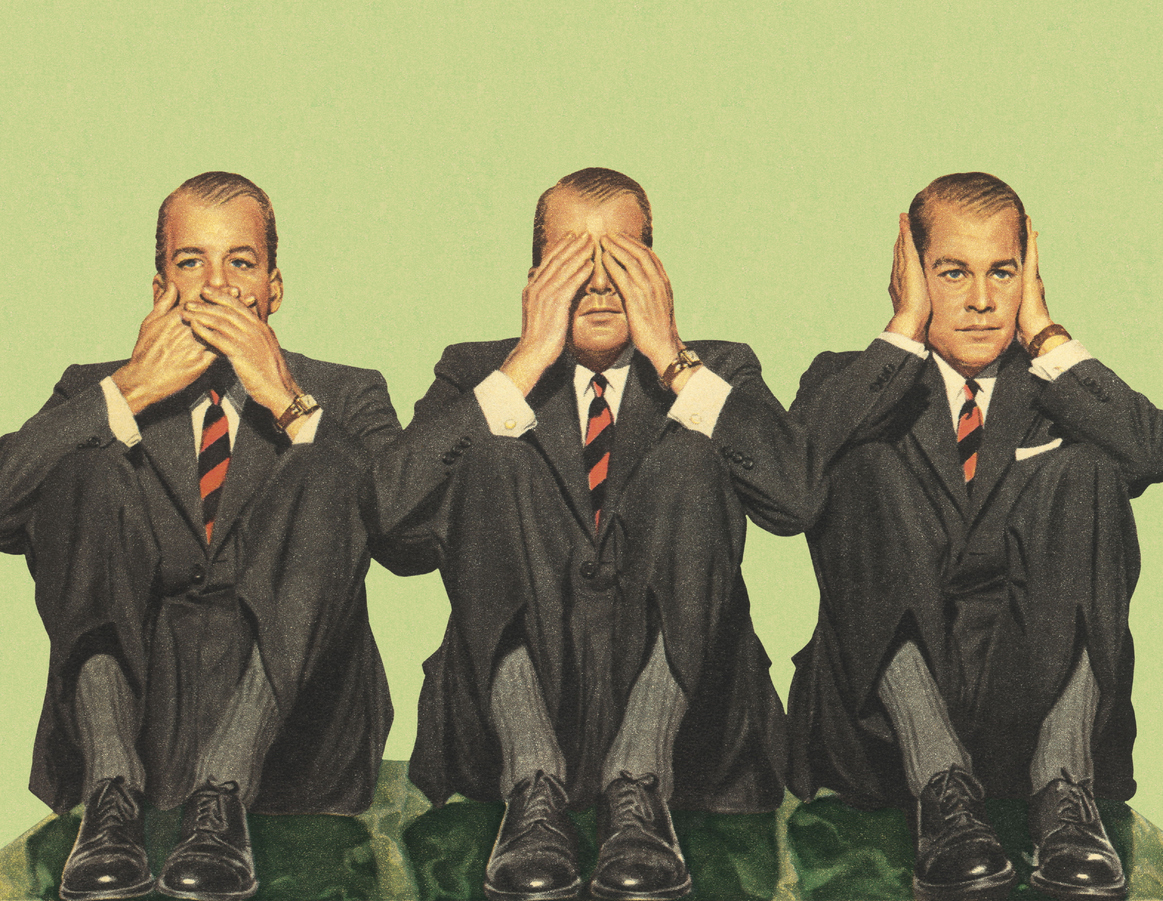(Note: This Guest Blog is the first of a thirteen part series on examination under oath).
“The insurer has requested that you submit to today’s Examination Under Oath in order to assist them in illuminating all facts and circumstances involved in this claim so that they may make an informed assessment of your loss.”
Before I was struck from my horse by a white light and a booming voice demanding, “Bob! Bob! Why do you persecute the policyholders?” thus facilitating my shift to the path of righteousness, that was the line I used to give policyholders at the beginning of the record for every EUO I’ve ever conducted when I used to represent the insurance companies. Back then I was a fraud specialist, so most claims I handled for the insurers involved the taking of EUOs. But, to be candid, I had never given much thought about the legal basis of EUOs, nor the basis of the carriers’ right to take such examinations.
Insurance policies are contracts in which insurance companies agree to indemnify policyholders for sudden and accidental covered losses and insureds agree to pay a premium and comply with the policy’s enumerated post-loss obligations. Examinations under oath are typically one of those post-loss obligations. Effectively, when a claim is made by a policyholder, upon the request of the insurer, the insured must sit for an EUO. That is, they must appear at a designated time and place, take an oath under the law to tell the truth, and answer the questions posed by the carrier’s representative while a court reporter writes down every word that is said on the record.
Ironically, in Claflin v. Commonwealth Ins. Co., 110 U.S. 81, 94-95 (1884), the Supreme Court of the United States stated,
The object of the provisions in the policies of insurance, requiring the assured to submit himself to an examination under oath, to be reduced to writing, was to enable the company to possess itself of all knowledge, and all information as to other sources and means of knowledge, in regard to the facts, material to their rights, to enable them to decide upon their obligations, and to protect them against false claims. And every interrogatory that was relevant and pertinent in such an examination was material, in the sense that a true answer to it was of the substance of the obligation of the assured. A false answer as to any matter of fact material to the inquiry, knowingly and willfully made, with intent to deceive the insurer, would be fraudulent.
Hence, my pre-programmed statement quoted above was pretty much on the money, in light of the High Court’s decision in Claflin. Further, a look into a couple of other cases from older American Jurisprudence may shed some light on how courts viewed the rights of both parties in the EUO process. Most cases, old and new, spell out the carrier’s right to take an insured’s EUO, and penalties for the insured who fails to comply.
For example, in Southern Home Ins. Co v. Putnal, 57 Fla 199 (1909), the Supreme Court of Florida held that the policyholder’s failure to submit to an EUO justifies a denial of the claim, as it deprived the insurer of its right to fully investigate and evaluate the claim. But in Germania Fire Ins. Co. v. Stone, 21 Fla 555 (1885), the Florida Supreme Court held that the insured’s failure to sign the EUO transcript, where Germania refused to allow the policyholder to review said transcript, did NOT warrant the denial of the claim. Interesting.
Does this support the theory that the carrier’s failure to supply the insured with a transcript of the examination is a breach of the policy’s provisions? Hmmm… Further, is Putnal’s hard and fast rule of no EUO, no recovery valid today? You’ll have to come back next week for the answer to that question, insurance fans!
Next week: What Happens if A Policyholder Does Not Attend an Examination Under Oath?



